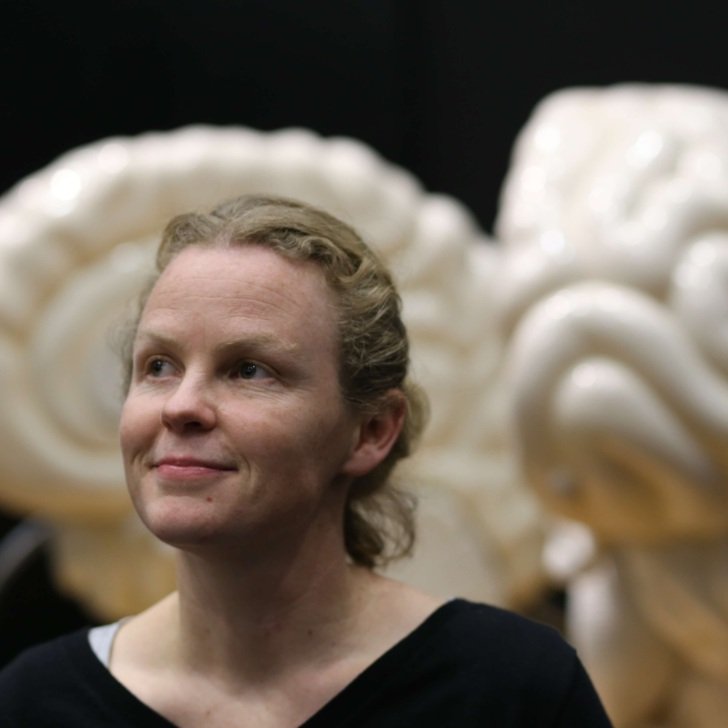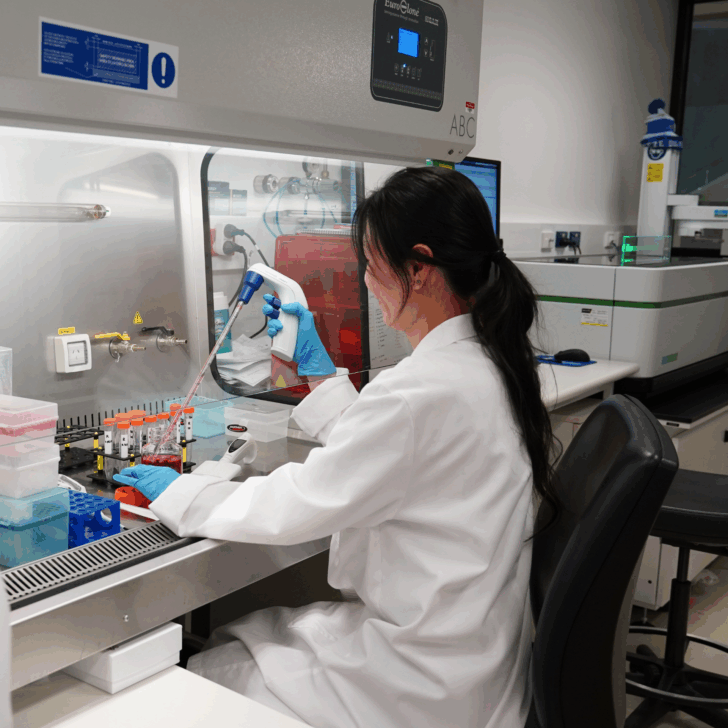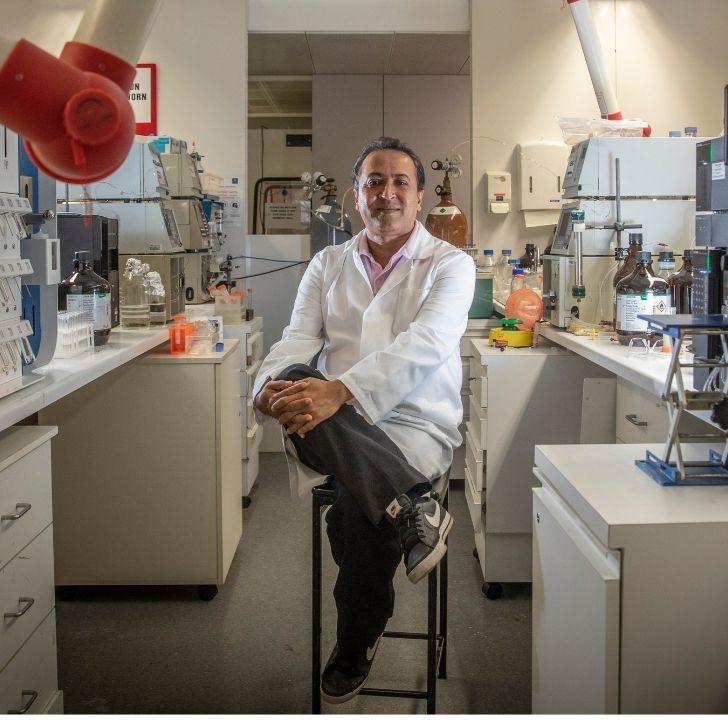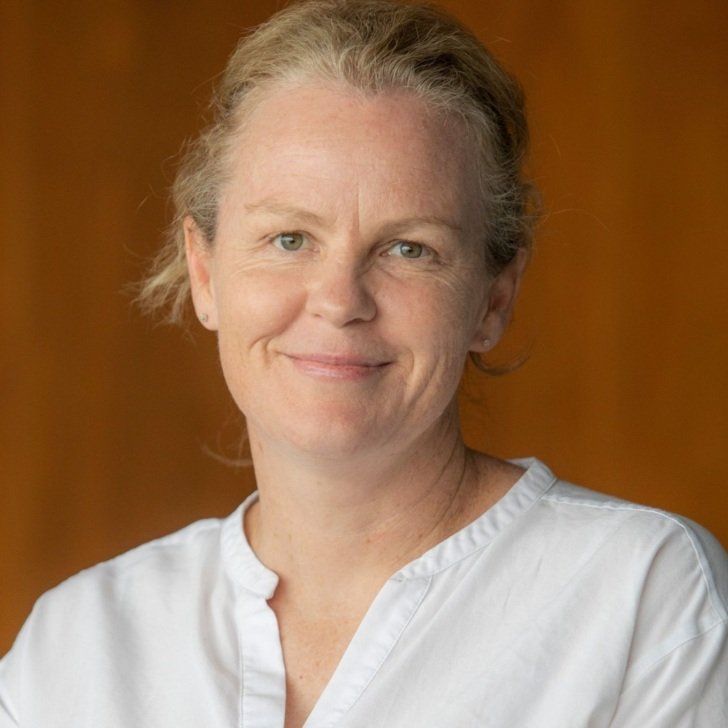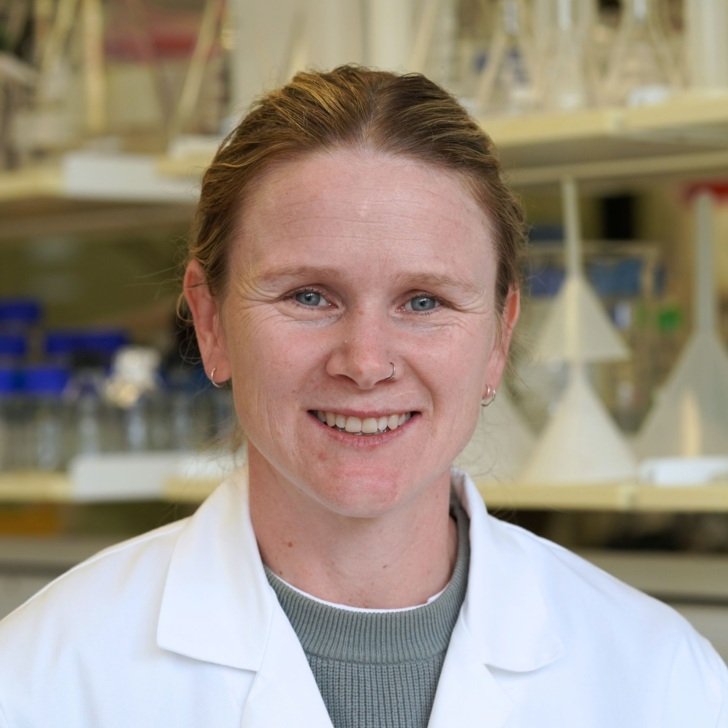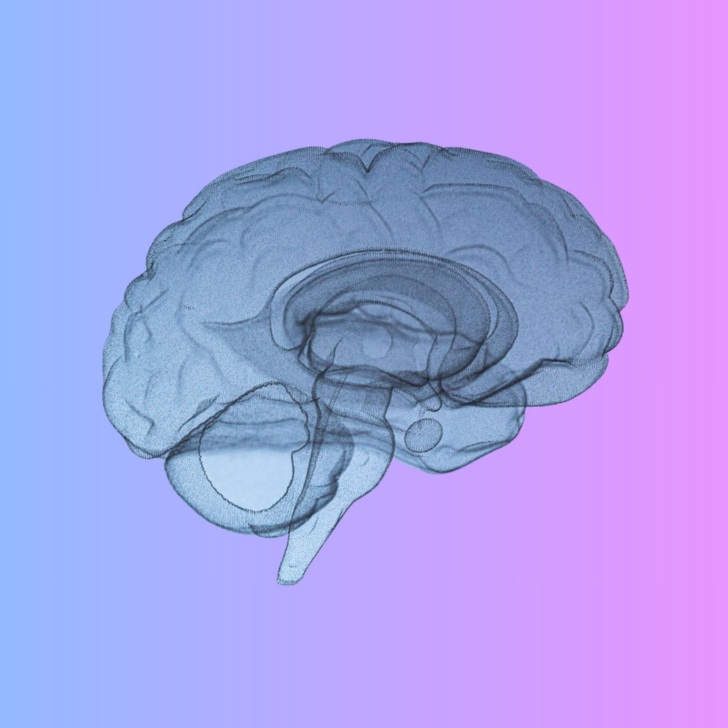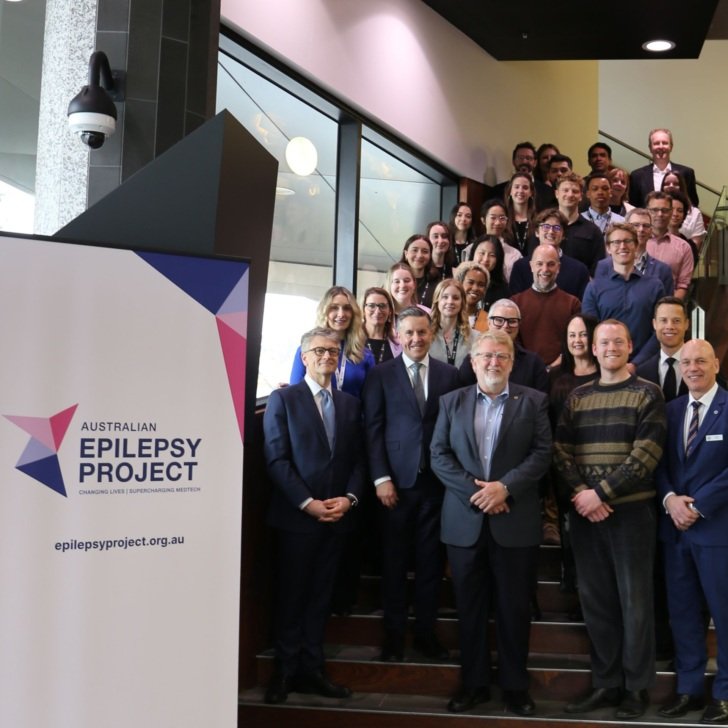- Stroke is one of Australia’s leading causes of death and disability.
- More than 400,000 people are currently living with the effects of this condition, and by 2050 that number is projected to rise to 800,000.
A new project being led by The Florey will develop a world-class national digital registry on stroke care – ensuring that people receive quality care in hospitals throughout Australia.
Patients with stroke and clinical teams will benefit from the new, state-of-the-art national registry platform being developed at The Florey. For more than a decade the Australian Stroke Clinical Registry (AuSCR) has worked to improve data-informed, best practice care for people who experience stroke. Building off this work is a new project to create Australia’s first advanced digital clinical quality registry platform.
The project, which received $2.5 million in funding from the Australian Government’s Medical Research Future Fund (MRFF), will be led by the AuSCR data custodian Professor Dominique Cadilhac, a senior stroke researcher at The Florey.
Professor Cadilhac says the project will develop digital solutions for hospitals to automatically transfer data into a national registry. This in turn will be supported by tools to enable evidence-based decision making. The result will be a close-to-real-time feedback loop which addresses current unmet needs as reported by clinicians contributing to clinical quality registry programs.
The new registry will also harness and integrate data from AuSCR, hospitals, other registries, and government to achieve an advanced Learning Health System – where existing quality improvement efforts and capabilities within a hospital will be assisted by automated and data-driven support tools.
“There are still many challenges for people who experience stroke when working their way through the healthcare system. Adding to these challenges is variable access to best practice care in hospital and inequities based on geographical location,” she said.
This system will provide dynamic clinical insights to improve stroke care and outcomes and will establish solutions for more efficient, tailored, and timely data capture. Importantly, these digital health advances will inform the field for other registry programs.
Professor Cadilhac said the national registry infrastructure will also improve communication between healthcare providers and patients as they transition between different healthcare settings, where patients may otherwise get lost in the current system.
“This initiative will really address the unmet need facing people living with the effects of stroke – ensuring clinicians act on data to improve their services, now and in the future.”
The project will bring together partners from Monash University, the Stroke Foundation, the Australian e-Health Research Centre (CSIRO), the Australian Institute of Health and Welfare, the Australian Commission on Safety and Quality in Health Care, the National Centre for Healthy Ageing, the Australian Stroke Alliance and the Victorian, South Australian and Queensland health departments.
